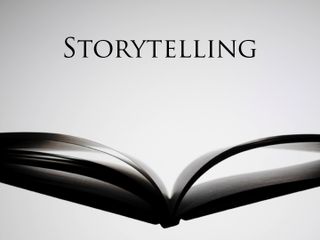Your product does something unique and interesting and you tell people and they go …. Oh well, that’s great and walk away. Would you agree that they just do not get it? All of us have faced this problem sometime or the other.
Let me emphasize this with an example:
A large company was pitching to my customer for a partnership deal. Four French guys and I represented my customer. Into the presentation, they used words and phrases like propensity, appetite, whole nine yards of solution, womb to tomb, boil the ocean, and sweating the assets among many other jargons. In 20 minutes, couple of French guys almost started dozing off, one of them started fiddling with his blackberry, and the other one started ferociously working on the laptop. Obviously, there were not any questions from our side at the end of the presentation as they lost us much early in the pitch. The partnership talk also did not move forward.
This anecdote emphasizes the fact that higher order words and phrases should not be a part of your vocabulary, as it does not let you connect with your audience. How do you go about connecting?
- Stories are a brilliant way to connect with your audience. They help people understand, remember, and re-tell them and this is how Dan and Chip Heath define sticky communication in their book, ‘Made to stick’.
- Human beings remember the narratives better than remembering unrelated stuff. This is what we have been doing right from childhood.
- Use stories to substantiate your product positioning – A positioning statement per se is a placeholder in your website, presentations and other collaterals. Beyond that, it actually does not do anything unless stories substantiate them.
Now, how do we go about creating stories? Isn’t that an artistic pursuit and a rare skill that only a few have? This is the common belief about creating stories, but in reality, you do not have to be a master storyteller to create your product story. Product creation itself is a story and you are addressing a need or a gap in the market. This would provide the benefits that your customers would get out of your product.
Your product stories ought to have the context defined, action performed by your product and the results expected from it. Why don’t you start defining the context, action and results of your product and write down everything that comes to your mind? Put them together as a story once you have all the information. It’s that simple!
I would be sharing tips in the subsequent blog posts on what makes a great story, what do good stories have in common, how you can use your personal stories and how you can use stories in your pitch.


